Copyright Myth #3 – “If I mail Myself my work and I don’t open the Envelope…”
…I can vindicate my rights without having to register it” – is not correct. This method is known as the “poor man’s rule,” and proposes that if one encloses in a copy of, for example, a guitar composition recorded on a disc, and mails it to his or herself and does not open the envelope, this will evidence, by the postal stamp, the date of the work’s creation. In the event of a dispute between two or more people over the authorship, the postal stamp authenticates the recipient and the date.
It is true that this authenticates a date and its recipient, but it is not a way to acquire rights or register works. Nor does this method meet the requirement to register the work to litigate your rights in court. Registration of the work in the United States Copyright Office (“Copyright Office”) is a prerequisite to bring an action for copyright infringement. That is, in order to go to court to request remedies in law (damages, injunction, etc.), the work must be registered in the Copyright Office.
What are the Benefits to Registering a Copyright?
Some benefits of registration are: inclusion in the Library of Congress official registrar, and the right to request statutory remedies and attorney fees. The certificate of registration, once issued, constitutes prima facie proof of the author and the validity of the right.
How do I Register my work for it to be Copyrighted?
To register a work, you can access the Copyright Office, complete the application, pay the corresponding fees and send a copy of the work. You can fill out the application and pay online through its portal. The review carried out by the officers of the Copyright Office is less rigorous than that performed for trademarks and patents. It is usually limited to reviewing errors in the form and non-registerable material. The artistic merit of the works is not evaluated in any way.
A material subject to review may constitute non-registerable material for several reasons. Among them for: belonging to the public domain; include, in whole or in part, a registered work; not be able to acquire copyright (such as inventions, formulas and processes).
*Disclaimer: this blog post is not intended to be legal advice. We highly recommend speaking to an attorney if you have any legal concerns. Contacting us through our website does not establish an attorney-client relationship.*

